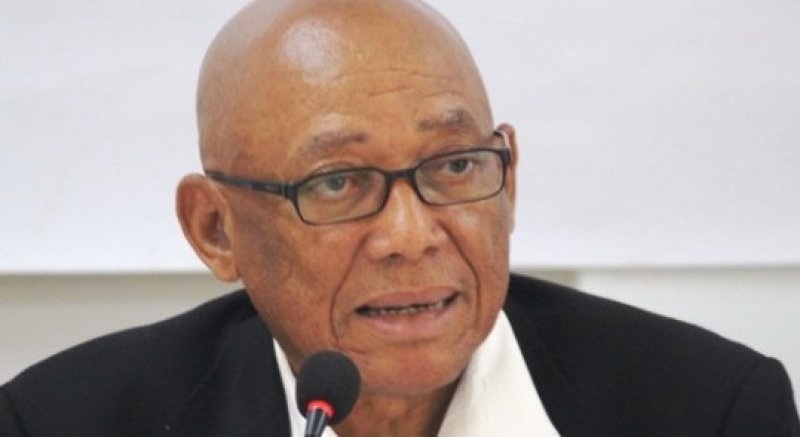
‘CHRAJ ruling troubling, problematic’
A former Commissioner of the Commission on Human Rights and Administrative Justice (CHRAJ), Mr Justice Emile Short, has described the decision exonerating President John Dramani Mahama from allegations of conflict of interest as “troubling and problematic”.
Advertisement
According to Mr Justice Short, it was baffling for CHRAJ to hold that the President contravened the existing Gift Policy under the Code of Conduct for Public Officers, only to turn around to exculpate the President of conflict of interest.
The CHRAJ, in a 79-page report, dismissed bribery and conflict of interest allegations levelled against President Mahama.
“In the circumstances, the commission finds that the respondent did not put himself in a conflict of interest situation or contravene the conflict of interest rules under Article 284 of the 1992 Constitution,” the report held.
But reacting to the decision in an interview with the Daily Graphic in Accra yesterday, Mr Short said: “If CHRAJ says the President ought not to have accepted the gift but in another breath says the President did not flout conflict of interest rules, what message is CHRAJ sending to other public office holders when they are confronted with gifts of such magnitude?”
He said it was unfortunate for CHRAJ to fail to instruct public office holders on how to conduct themselves when faced with gifts from business owners.
The Report
“At the end of the preliminary investigation, the commission has come to the conclusion, based on the extensive evidence assembled, that the allegation that the respondent has contravened Article 284 of the 1992 Constitution by putting himself in situations of conflict of interest has not been substantiated.
“Consequently, the commission holds that full or further investigations into the allegations are not warranted.
“The allegations, therefore, are hereby dismissed,” the report signed by the acting Commissioner of CHRAJ, Mr Richard Quayson, stated.
Background
Allegations of conflict of interest and bribery were levelled against the President through three separate petitions over a Ford Expedition gift donated by a Burkinabe contractor.
Two of them were from the Progressive People’s Party (PPP) and the Youth Wing of the Convention People’s Party (CPP).
The petitioners had asked CHRAJ to hold that President Mahama violated Article 284 of the 1992 Constitution, which states as follows: “A public officer shall not put himself in a position where his personal interest conflicts with or is likely to conflict with the performance of the functions of his office.”
The CHRAJ conducted field investigations, reviewed all documents related to the matter, including the defence put up on behalf of the President by his lawyer, Mr Tony Lithur, and also interviewed individuals relevant to the determination of the case.
It then conducted an analysis of the evidence in the light of the issues and applicable laws and policies of the country before arriving at its decision.
Code of ethics
Mr Justice Short was of the view that section 144 of the President’s Code of Ethics for Ministers and Public Office Holders prohibited ministers and other public office holders from accepting gifts, either in cash or in kind, from commercial organisations.
“The President is the leader of public officers and certainly not an exception to this rule,” Mr Justice Short noted, adding that CHRAJ’s failure to avert its mind to that rule before making its decision was tragic.
“The decision is troubling because it does not give guidance on how public office holders should behave when they are confronted with expensive gifts,” he said.
Recommendations
Making a number of recommendations, Mr Justice Short said Parliament should immediately pass the Conduct of Public Officers Bill, which had been hanging since 2013.
The bill, he explained, dealt with conflict of interest situations and highlighted gifts that were acceptable and unacceptable.
He said CHRAJ itself had a guideline, which states that expensive gifts should either be returned or the value of the gift be paid in monetary terms to the state or the said gift should be donated to charity.
“CHRAJ’s decision is sending a wrong signal to people in public offices and that is not good enough for the country’s growth and development,” Mr Justice Short added.



